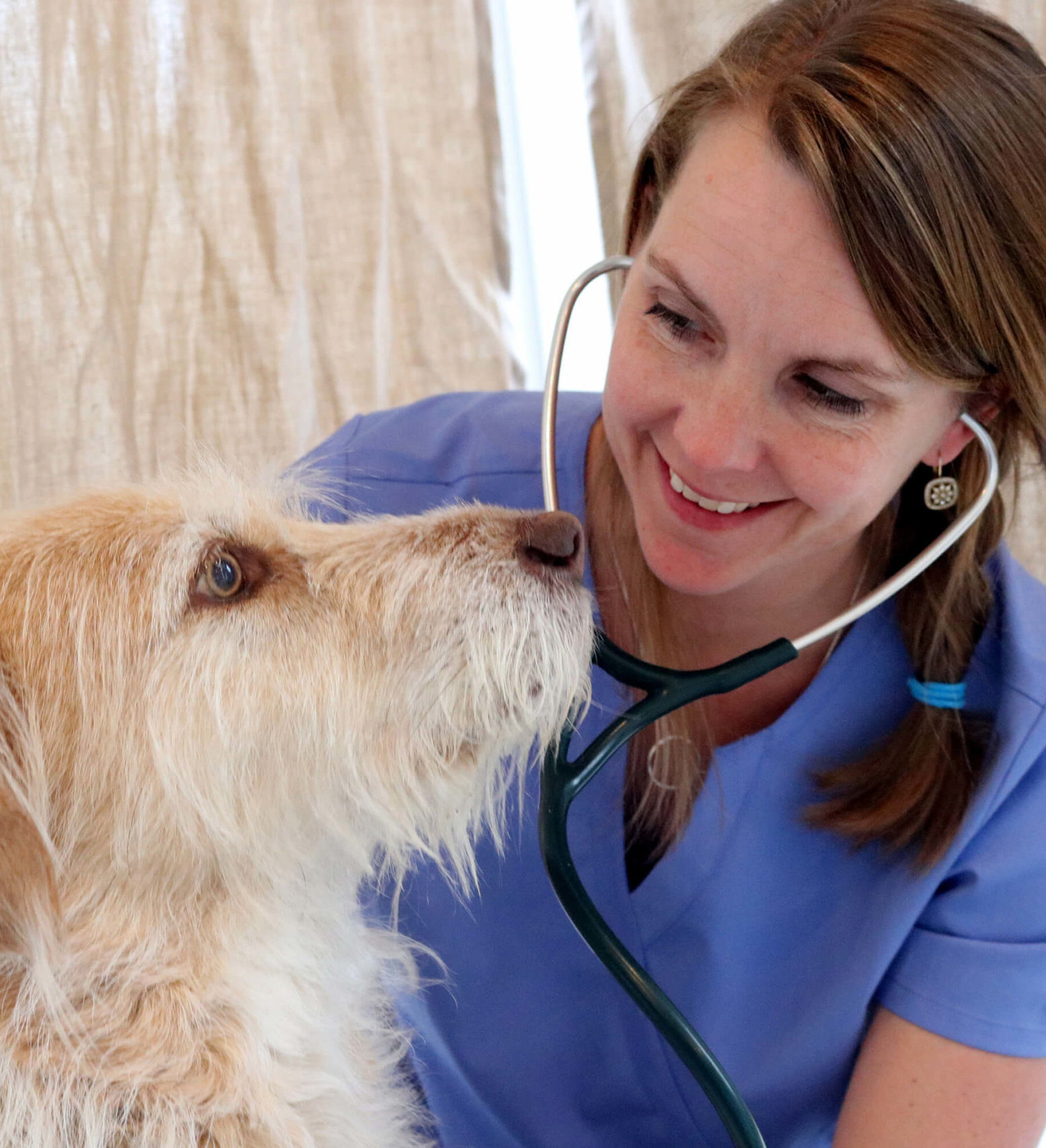
Dermatology
Before you decide to rename your pets Itchy and Scratchy, pay close attention to their appearance and behavior. Itching and red, irritated skin often indicate pet allergies, which manifest a little differently than human allergies. While pets do sneeze and experience runny eyes with allergies, itching can lead to more serious problems. When your pet licks and scratches the same area they damage the skin barrier, which can result in a secondary infection.
Cat and dog allergies should be taken seriously because they can be difficult to treat if left to their own devices. Fortunately, our veterinarians have plenty of experience treating dog and cat allergies and alleviating their symptoms. Call us at 414-744-2240 or Make An Appointment online to learn how our veterinarians can help your pet.
Why Types of Allergies Can Dogs & Cats Have?
Like us, our pets can become allergic to a variety of things. Common types of dog and cat allergies include seasonal allergies, food allergies, and flea bite hypersensitivity (also known as flea allergic dermatitis). Some of the most notorious allergens include:
- Grass, tree, and weed pollens
- Mold spores
- Dust mites
- Feathers
- Dander
- Cigarette smoke
- Perfume
- Certain fabrics
- Food ingredients including chicken, pork, beef, corn, and soy
Diagnosing the Cause
Recognizing that your pet has allergies is just the first step. The next step involves finding the cause. Therefore, we will need to run diagnostics and/or recommend an elimination diet. Our diagnostic options include:
- Allergy serum testing
- In-house blood testing
- Skin cytology
- Skin scraping
- Fungal cultures (which we send to an outside lab
In some cases, a fungal infection or parasites might be the cause of your pet’s skin problems. Ear mites, sarcoptic and demodectic mange, and ringworm can cause hair loss, skin irritation, and severe infections.
Treating Your Pets for Allergies
Your pet’s treatment plan will depend on their condition and other factors including medical history, age, size, and whether they are currently on medication. Certain skin problems can be difficult to treat and will require follow-up visits with the veterinarian. Furthermore, other treatments may need to be tried before we find a solution.
